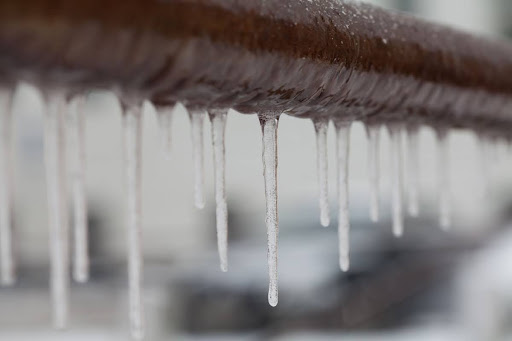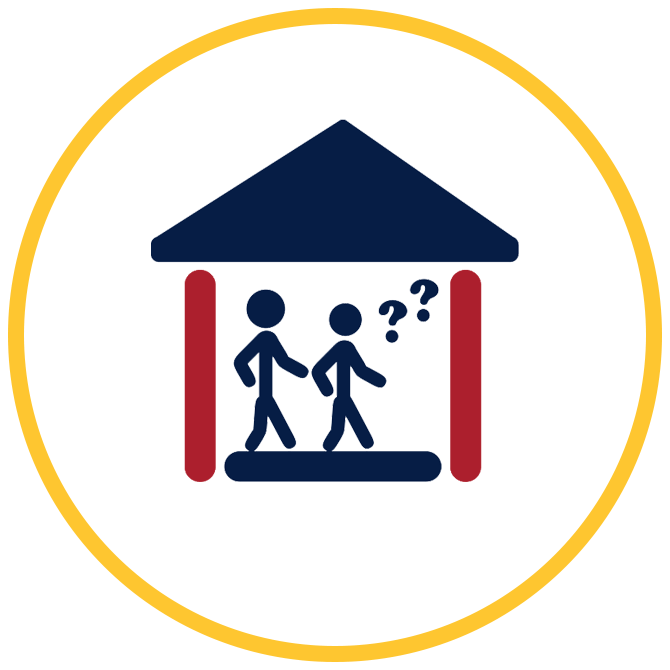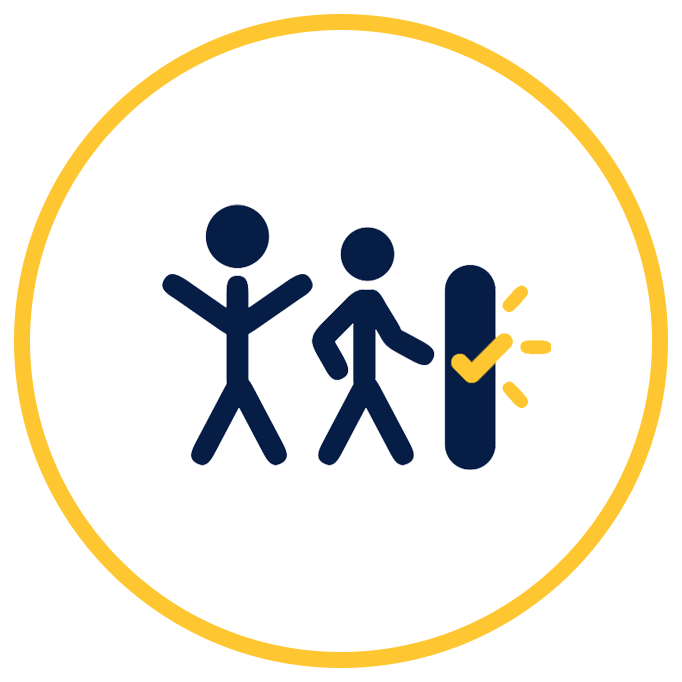When temperatures drop below freezing, it’s impossible not to notice. The chill cuts through your layers, your car takes longer to warm up, and your home feels like a sanctuary from the cold. But what you might not realize is that your plumbing feels the freezing weather, too. Those frigid temperatures can wreak havoc on your pipes, potentially leading to frozen water lines and, in the worst cases, burst pipes. If you’ve ever been caught off guard by a plumbing problem during a winter freeze, you know how stressful it can be.
Are you unsure what to do if your pipes freeze? Don’t panic. We'll walk you through everything you need to know to tackle the problem and protect your home from future issues.
Why Do Pipes Freeze?
Pipes freeze because cold air causes the water inside to solidify, expanding and putting pressure on the pipe walls. This is most common in areas where pipes are exposed to cold air, such as crawl spaces, basements, unheated areas, and exterior walls.
When the water inside freezes, it creates an ice blockage that can stop the flow of water and lead to a pipe burst. This is why it’s important to know what happens if your pipes freeze in cold weather and how to act quickly to minimize damage.
Signs Your Pipes Are Frozen
Being able to recognize the signs of frozen pipes can save you a lot of stress and money. Here’s what to watch for:
- No Water Flow: If you turn on a faucet and nothing or only a trickle comes out, it’s a clear indicator of frozen pipes.
- Frost on Pipes: Visible frost on exposed pipes is a telltale sign of freezing.
- Strange Sounds: A gurgling or clanging noise when turning on taps can mean ice is obstructing the water supply.
- Unpleasant Odors: A foul smell from faucets or drains could indicate a blockage from ice or other debris.
If you notice any of these signs, it’s time to take action. Knowing when to worry about pipes freezing is the first step in preventing bigger problems.
What to Do If Your Pipes Freeze
If your pipes freeze, you need to address the issue swiftly to avoid burst pipes and water damage. Here’s a step-by-step guide to handling frozen pipes in a safe manner.
Turn Up the Heat
One of the simplest and most effective ways to address frozen pipes is by increasing the warmth in your home. Start by turning up your central heating thermostat to a higher setting. This will help raise the overall temperature inside so that warm air reaches pipes in vulnerable areas like basements, crawl spaces, or walls near the exterior of your home.
Additionally, if you have pipes located under sinks or inside cabinets, open the cabinet doors to allow heated air to circulate around them. This can speed up the thawing process and prevent further freezing.
Pro Tip: Be mindful of other heating sources like fireplaces or space heaters that could interfere with your central heating system’s thermostat. If these heat sources are localized, they might create a false temperature reading and stop the system from effectively warming the entire house.
Open the Faucet
The first thing you’ll need to do is figure out where the freeze is occurring. Check water pipes in areas most vulnerable to the cold, such as basements, crawl spaces, and along exterior walls. If you can see frost or condensation on the outside of the pipe, you’ve likely found the frozen section.
Then, open the faucet connected to it. This allows water to flow once the ice starts to melt, relieving pressure and helping to prevent the pipe from bursting. Open both the hot and cold water sides, if applicable, to keep water moving through the system.
Leaving the faucet open also helps you monitor progress. You’ll know you’re making headway when water starts to drip or flow more steadily. Once the pipe has thawed and water is flowing, turn off the faucet.
Don’t Leave Your Home with Frozen Pipes
If your pipes are frozen, it’s crucial to stay home until the issue is fully resolved. A frozen pipe has the potential to burst as the ice inside expands, leading to water damage and flooding. By remaining at home, you can monitor the situation closely and take immediate action if a pipe does burst.
If you absolutely must leave the house, take the following precautions:
- Shut Off the Main Water Valve: Turn off your home’s water supply to prevent flooding in case a pipe bursts while you’re away.
- Set the Thermostat to High: Keep your heating system running at a warm temperature to help prevent the pipes from freezing further or refreezing once they begin to thaw.
Leaving your home while pipes are frozen is a risk you don’t want to take. A burst pipe can flood your home in minutes, causing significant damage to your property and belongings. Staying vigilant until the pipes are thawed and inspected ensures that you catch any issues early and avoid costly repairs.
Inspect the Pipe for Damage
Once the pipe is thawed and water is flowing again, take the time to inspect it for any cracks or leaks. Even if the pipe didn’t burst completely, small cracks can still cause considerable water damage over time.
If you notice any issues, shut off the water supply immediately using the main shut-off valve. Then, contact G.F. Bowman. Our emergency plumbers in Harrisburg, PA, can repair or replace the damaged section.
When to Worry About Pipes Freezing
Knowing when to worry about pipes freezing and taking action can save you from costly repairs. Here are a few scenarios to keep in mind:
- Temperatures Drop Below Freezing: Once the temperature dips to 32 degrees Fahrenheit, your pipes are at risk — especially in unheated areas like crawl spaces, basements, and garages.
- Exposed Pipes or Exterior Walls: Pipes that run through exterior walls or are exposed to cold air are particularly vulnerable. These areas often lack sufficient insulation to keep pipes warm.
- Prolonged Temperatures Below Freezing: Extended cold spells can cause your pipes to stay frozen longer, increasing the risk of ice blockages and pipe bursts.
If you notice a lack of water flow from your faucets or a drop in water pressure, it’s time to act.
Call G.F. Bowman for Help With Frozen Pipe Issues
When temperatures plummet, it’s important to understand what happens if your pipes freeze and how to address the problem. Frozen pipes can block your water supply, cause pipe bursts, and lead to expensive water damage. Knowing what to do if your pipes freeze — such as keeping faucets open, applying heat safely, and inspecting for leaks — can help minimize damage.
If you still feel unsure what to do if your pipes freeze or need immediate help with a plumbing issue, contact G.F. Bowman. We specialize in emergency plumbing services, including water line repair in Harrisburg, PA, and the surrounding areas. Our team has the experience and tools to get your plumbing back in working order.
Contact us today to schedule your appointment in Harrisburg, Lebanon, or one of the surrounding areas. Stay warm, stay prepared, and let us handle the rest!




 1..
1..
 2..
2..
 3..
3..
 4..
4..
 5..
5..
 6..
6..